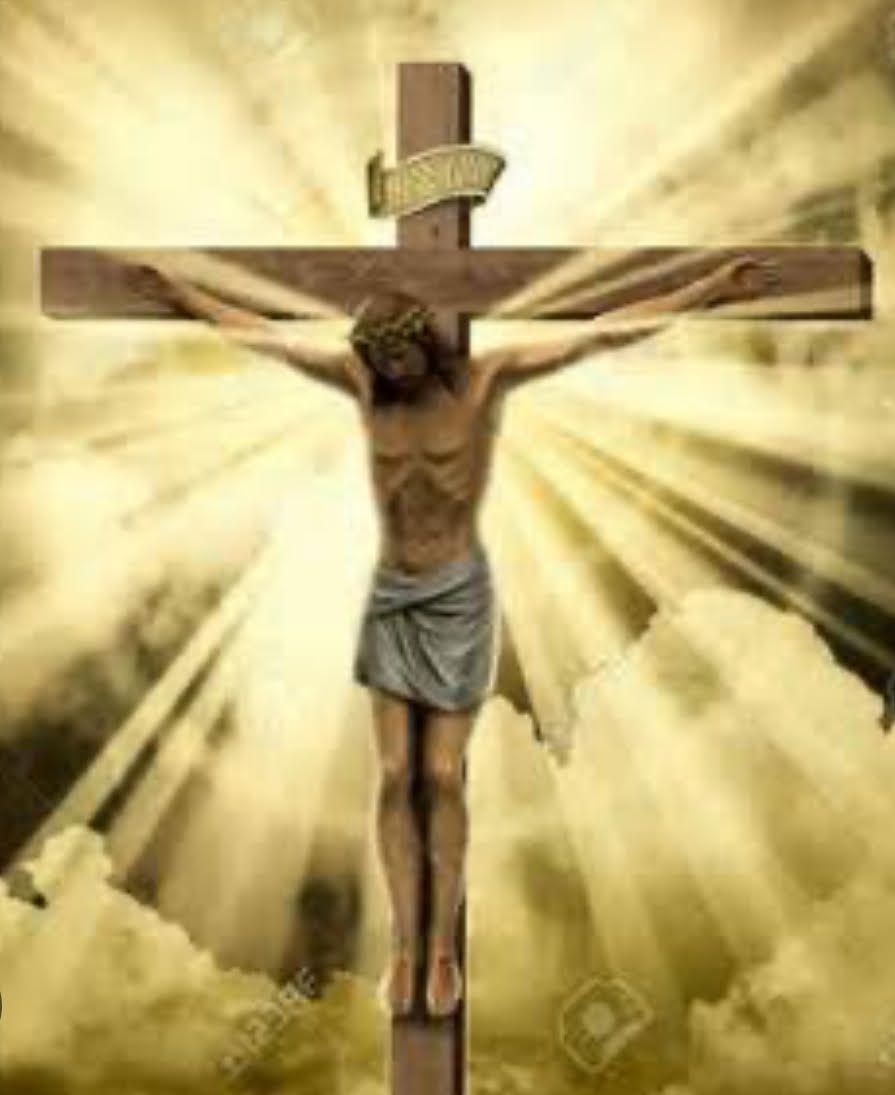The Exaltation of the Holy Cross
September 12, 2025
Gospel Reflection
John 3:13-17

“Far be it from me to glory except in the cross of our Lord Jesus Christ, by which the world has been crucified to me, and I to the world” (Gal. 6:14). What does St Paul mean by insisting that he glories only in the Cross of Christ? Why would one “glory” in such a frightful thing as a cross upon which a man is set to die a painful death? Many devout Christians could give an answer these questions. However, for someone without faith, or who coldly looked upon a crucifix merely as a spectacle of cruelty, it would seem madness to think this way. Even Paul himself understood that the Cross was “a stumbling block to Jews and folly to Gentiles (1 Cor. 1:22).” Yet for Christians, he added that Christ crucified was “the power of God and the wisdom of God.”
First one must accept and understand that it was the Son of God who was on the Cross, and not just some unfortunate individual overtaken by human cruelty. Jesus was on the Cross because he - being both man and God - freely accepted this outcome. He foresaw it, and however much fear he experienced in his final hour, he let it happen. He acted this way out of love for his Father’s will. He also acted this way out of love for us. The fact that he overcame his natural fear and died on a Cross, an instrument designed to occasion great pain, shows the greatness of his love. It must have been largely for this reason – to show limitless love - that God the Father asked this sacrifice of him. The very structure of a cross served to show love, insofar as it meant his arms would be extended both in a position of prayer (according to ancient custom) and in the form of an embrace. “And I, when I am lifted up from the earth,” said Jesus “will draw all men to myself” (John 12: 32-33).
Lifted up on the Cross, Our Lord was able to teach us how to be free and to cure us of all manner of spiritual and moral illness. St. Thomas Aquinas, one of the Church’s greatest thinkers, said he had learned more at the foot of the Cross than from many books. We too can learn so much by reflecting on the example of Jesus at Calvary. That God would, as St Paul says, “empty himself” and take rather the position of a servant, and even allow himself to be humbled to the point of death on a Cross teaches us the foolishness of human pride.
Moreover, Jesus nailed to the wood, stripped of all his belongings, speaks to us of his detachment from possessions. For Our Lord, his personal love of the Father and of his Father’s will was far more important than having many things. We, on the other hand, so easily are led to believe that happiness lies in owning ever more. How often this causes
people to drift apart! Because of Christ’s love for us and for our salvation, he was always prepared to set aside his own pleasure and comfort and even to bear with exceeding pain. Yet we end up neglecting duties towards persons we should love because we are absorbed in seeking sensual enjoyment or in entertaining ourselves. For the same reason we experience great difficulty in relating to God on a personal level. Prayer is neglected and when attempted quickly abandoned. And, very often, we are not prepared to be patient with people or with what requires a sustained effort. The slightest annoyance or discomfort causes us to complain and become sad.
Look at the Cross and at Jesus raised upon it and you will see love, a love that governs and enriches all, giving the things of this world their proper meaning. Contemplating the Cross has motivated so many people to react to their own selfishness and pride. This is why we celebrate a feast that honours the Cross, the instrument by which God, in Christ, has saved us.


